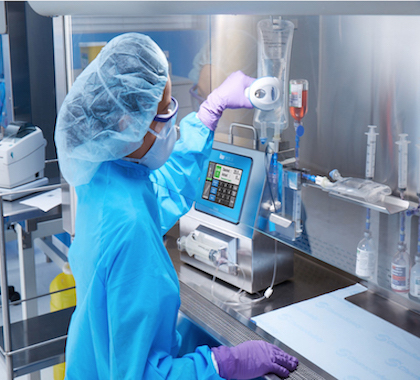The U.S. House of Representatives voted to repeal the Obamacare tax on medical devices, with the bill receiving large, bipartisan support.
The chamber voted 283 to 132 in favor of the Protect Medical Innovation Act, with 57 Democrats joining 226 Republicans to pass the measure to repeal the 2.3 percent tax on sales of medical devices established by the Affordable Care Act in 2010. Rep. Erik Paulsen (R-MN) sponsored the legislation.
“Today’s vote shows strong bipartisan support for lifting this burden on innovators in an industry so important to Minnesota,” Paulsen said in a press release on July 24. “I’m more optimistic than ever we’ll be successful in giving these job creators the certainty and predictability they need to thrive.”
‘Phantom Tax’
Matthew Glans, a research fellow with the Heartland Institute, which publishes Health Care News, says the device tax is particularly damaging because of the lack of transparency in the tax. He says consumers are not aware of the impact of the tax on the cost of the equipment they purchase, because that is how the tax was designed to work.
“Since the cost of the tax is integrated into the price of a product, consumers are not made aware of the cost the tax adds to the product,” Glans said. “This is true of most excise taxes but is an even greater problem in health care. Most consumers do not directly pay their health care costs but are covered through an insurance company, so they do not see the real costs of providing care, which makes the medical device tax a kind of ‘phantom tax.'”
Tax Led to Job Cuts
Proponents of repeal say eliminating the tax would boost innovation and the spread of new technologies.
“There is no guarantee a repeal of the tax will instantly lead to more innovation, but the negative effects of the tax are evident,” Glans said. “The number of medical technology jobs fell sharply between 2012 and 2015 when Congress temporarily suspended the tax. It came back into effect at the beginning of 2018, and the industry at large has opposed it.”
Dr. Paul Jacobs, a doctor of optometry in Carbondale, Illinois, says repeal would spur health care R&D.
“Any time a tax is removed, there is more incentive to do research and development,” Jacobs said.
‘Kills Product Innovation’
Glans says the medical device tax reduces incentives for companies to spend on developing new products.
“The medical device tax is a poorly designed levy that increases health care costs and kills product innovation while costing the nation thousands of jobs,” Glans said. “Adding an unnecessary tax to any product shrinks profit margins and dissuades companies from spending capital on new products, as they cannot recoup their investments as easily.”
Travis Akin ([email protected]) writes from Chicago, Illinois.




